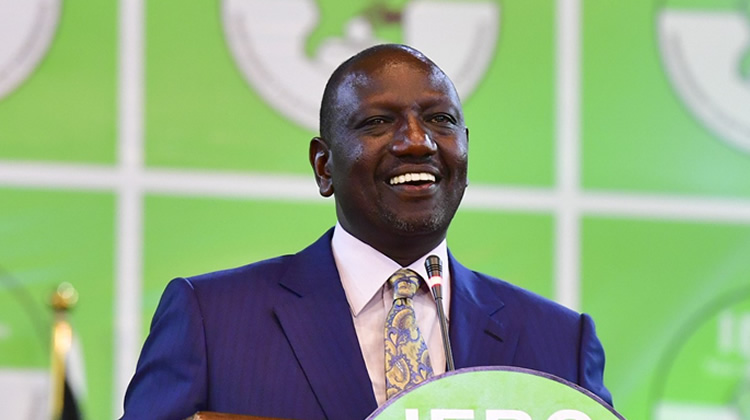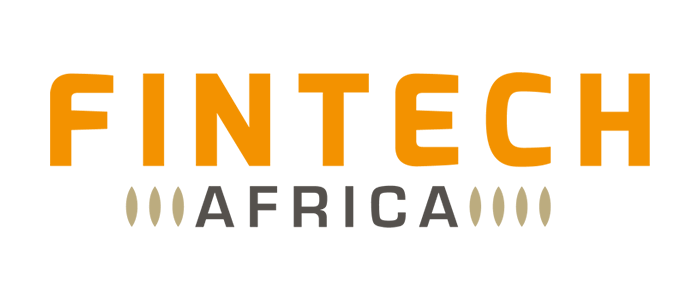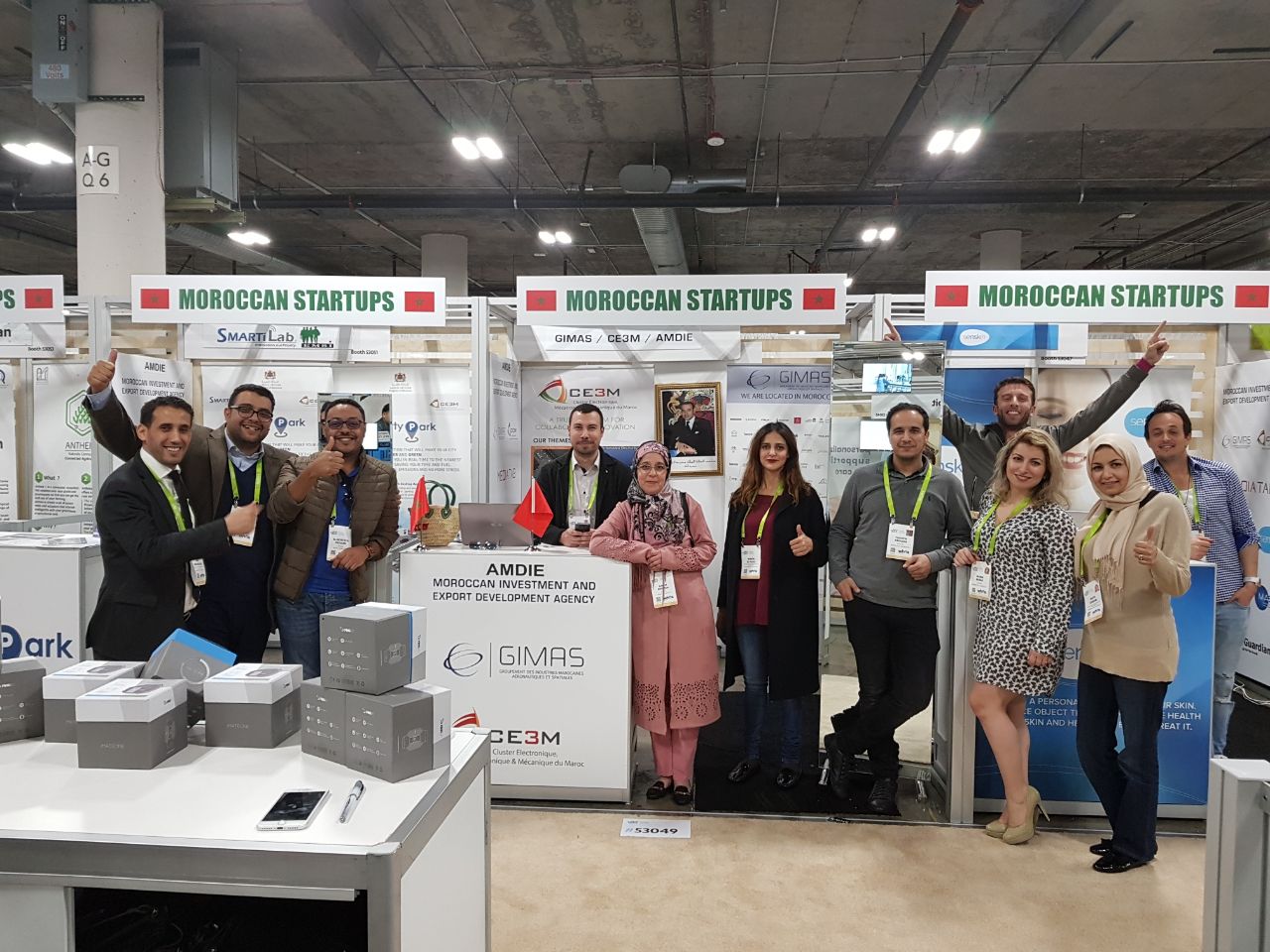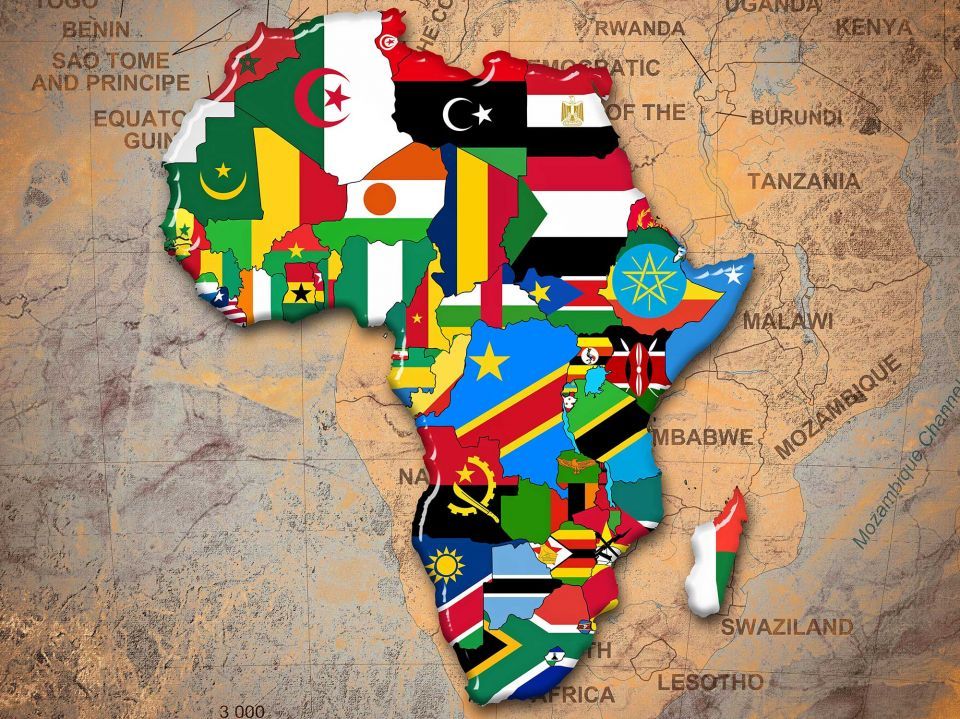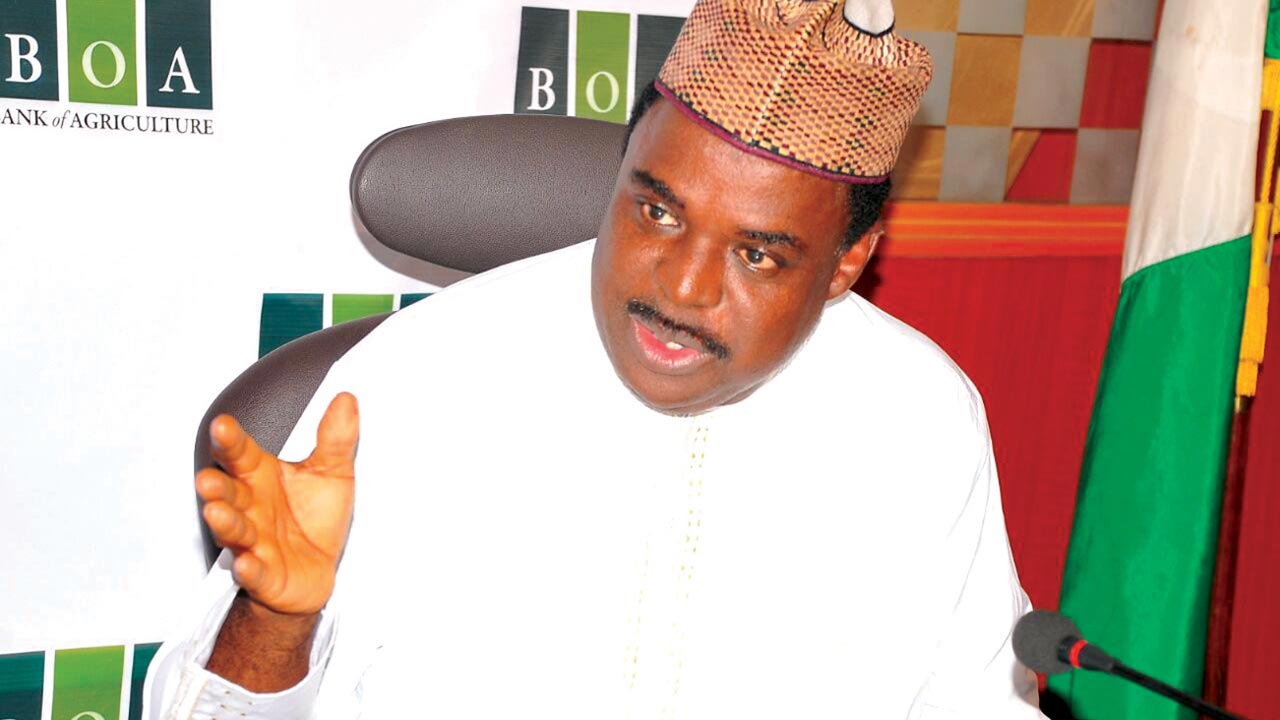By PAULO GOMES
Amid bleak GDP-based forecasts of Africa’s economic performance, some investors are tempted to write off the entire continent. But those who seize opportunities to gain an accurate and nuanced picture of Africa’s economic performance and prospects could reap vast rewards.
Gross domestic product has been the ultimate measure of an economy’s welfare for over 80 years. But, as the world’s economies become increasingly complex and technology-focused, economists are increasingly questioning GDP’s usefulness as a gauge of an economy’s health, with some arguing for a radically new approach. Africa’s experience shows why such an approach is badly needed.
Africa has long suffered as a result of GDP’s shortcomings. In January, the global credit-ratings agency Fitch Solutions forecast that while Africa’s GDP growth will average 4.5% annually over the next decade, its average GDP per capita will stagnate. But such bleak projections are misleading – and threaten to drive away investors.

The first problem with GDP projections for Africa is that they are based on scarce data. The majority of the continent’s national statistics services are underdeveloped. They lack sufficient funding and independence to acquire comprehensive data and calculate benchmark economic indicators. In other words, official GDP figures may be very wrong.
Consider Nigeria, which in 2014 overhauled its GDP data for the first time in over two decades. Such “rebasing” – needed to capture structural changes to the economy – should take place every five years or so. But Nigeria’s national statistical agency had lacked the funding, data, and political will to rebase regularly. When it finally did, GDP skyrocketed to $510 billion, nearly double the previous estimate of $270 billion. With that, Nigeria overtook South Africa as the continent’s largest economy.
The fact that much of economic activity in Africa occurs in the informal sector further undermines the reliability of GDP statistics. In Sub-Saharan Africa, the informal economy accounts for two-thirds of all employment; in cities such as Kampala and Dakar, that figure reaches or even exceeds 80%. In Nigeria, the informal sector represents 50-65% of total economic output. A metric that fails to measure so much economic activity can’t possibly be a sound basis for investment decisions.
Even if the country- and continent-level GDP averages were more reliable, they would amount to a cumbersome guide for investors, especially given how large and diverse Africa is. In fact, African countries with vastly different GDPs may share more – and more important – features than countries with similar GDPs.
For example, Namibia’s diversified economy has more in common with South Africa, a country with nearly 30 times the GDP, than it does with Senegal, a country of similar economic size when measured by GDP. Nigeria’s GDP is far larger than Chad’s, yet their economies are often compared to each other because of the dynamics of their oil sectors. Such structural commonalities provide more nuanced insights for investors than ungainly GDP averages ever could.

But perhaps the best way to gain an appropriately nuanced understanding of African economies’ health and prospects is by focusing on their cities – the continent’s main engines of economic development. While 60% of Africans still live in rural areas, the continent is undergoing rapid urbanization. In the next 15 years, the world’s ten fastest-growing cities will all be in Africa. The economic output of Lagos, Nigeria’s largest city, is larger than that of Kenya, one of the continent’s most promising economies.
Already, some multinationals are using city-based models to guide their African investment strategies. They know that dismal national GDP averages can obscure pockets of increasingly prosperous consumers who are eager to purchase high-quality goods and services from abroad. So, when determining a market’s viability, they often focus on cities, considering diverse indicators like mobile-phone penetration, electricity usage, and Internet bandwidth.
One global packaged-food manufacturer, for example, has focused its Africa strategy on 15 cities that collectively represent about 25% of the total growth in packaged-food sales expected across Africa in the next five years. More broadly, foreign direct investment has been flowing primarily toward Africa’s four main megacities: Cairo, Johannesburg, Nairobi, and Lagos.
Of course, whether at the city or country level, comprehensive and reliable data are needed to provide a strong foundation for investment strategies. Private companies – including African tech startups – can take advantage of new technologies to help deliver this. For example, Terragon, a Nigerian data analytics firm, pulls data on mobile-phone usage and matches it against data provided by its business clients to produce insights about African consumers.
Investors who seize such opportunities to gain an accurate and nuanced picture of Africa’s economic performance and prospects could reap vast rewards. Those who write off the entire continent based on simplistic and incomplete GDP data will lose out.
—————-
Paulo Gomes, a former executive director at the World Bank Group and principal adviser in Guinea Bissau’s Ministry of Finance, is the Founder of Constelor Investment and a co-founder of New African Capital Partners.
Kelechi Deca

Kelechi Deca has over two decades of media experience, he has traveled to over 77 countries reporting on multilateral development institutions, international business, trade, travels, culture, and diplomacy. He is also a petrol head with in-depth knowledge of automobiles and the auto industry.



